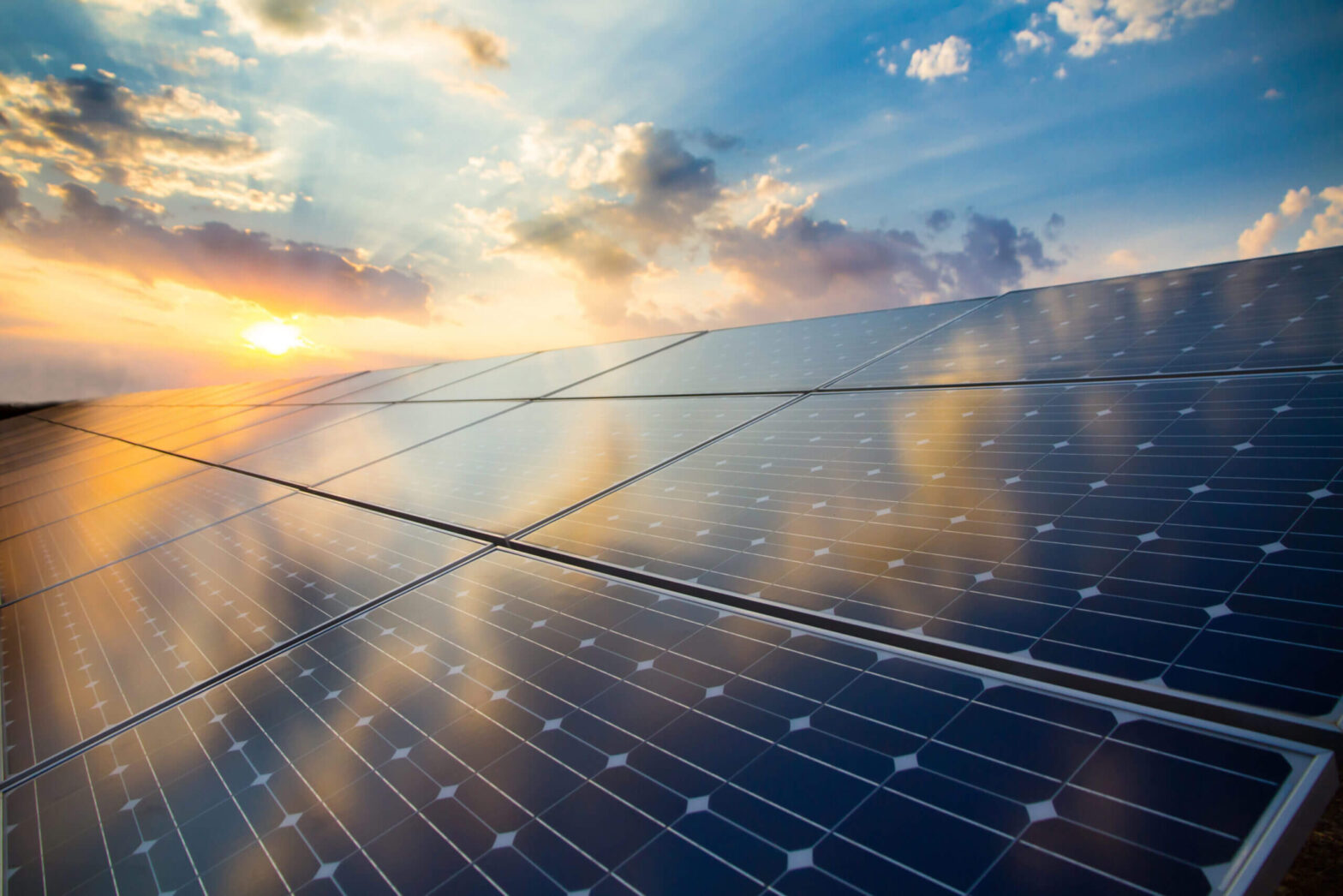Energy revolution: Metals instead of oil and gas from the sea?
The exploration and extraction of oil and gas in the sea endangers the marine ecosystem. Abandoning fossil fuels not only protects the climate, but also life in the ocean. However, the energy revolution is creating a new problem. Instead of oil and gas, the aim is to use deep-sea mining to extract metals from the sea that are needed for the production of solar cells, wind turbines and electric cars.
Up to now, metallic raw materials such as copper, cobalt or nickel have been mined on land. This terrestrial mining has an enormous impact on the environment and people: Toxins seep into the soil and water, forests are cleared, entire areas are bulldozed and thus habitats are destroyed, people are resettled or exploited as cheap labour and are exposed to serious danger in the mines.
The availability of minerals that are primarily mined in politically unstable countries is also uncertain. In this context, critical raw materials are those on which many countries are economically dependent, but whose procurement entails political dependence on a few producer states.
Diverting to the deep-sea
In order to become more independent in the extraction of critical metals, some countries and private companies want to mine them in the deep-sea, which is rich in metallic deposits. The utilisation of these resources is currently being regulated.
Mining raw materials on the seabed is complex and expensive. Technologies that can withstand the extreme conditions in the deep-sea are still in the development phase. Since minerals are extracted from the seabed by machines, it is possible to limit direct human suffering. On the other hand, environmental pollution which is almost impossible to monitor in the depths of the oceans, can take on devastating proportions.
In addition to causing damage to the ecosystem, deep sea mining also threatens to reverse the positive effect on the global carbon footprint that an energy revolution is striving to achieve. The deep sea stores a great deal of CO2, which may be released with the disturbance of the seabed – thus further exacerbating climate change.
Will metals from the sea be needed at all?
Industry predicts an increased demand for metallic raw materials with a view to e-mobility, renewable energies, the technologisation of the working world and the boom in consumer electronics. However, it ignores the factor of technological innovation. There are already car batteries that are being produced today, for example, that use very little cobalt. Moreover, the optimised use of resources within the framework of an urgently needed recycling economy is gaining in importance.
It is therefore quite possible that deep-sea mining will not be needed to meet future raw material requirements. It is also questionable whether it will be worthwhile at all due to the high investment costs. If the demand for newly-mined metals is reduced through innovation and recycling, it could continue to be met by terrestrial mining, which must be strictly regulated in order to protect people and the environment. If the demand for newly mined metals were to be reduced through innovation and recycling, it could continue to be met by terrestrial mining, which must, however, be strictly regulated in order to protect people and the environment.
OceanCare is in favour of decarbonisation because the exploration and extraction of oil and gas from the sea must end as soon as possible. However, it is not expedient to create new dangers for the marine ecosystem as part of the energy revolution. The health of the ocean is essential for the protection of the climate.
